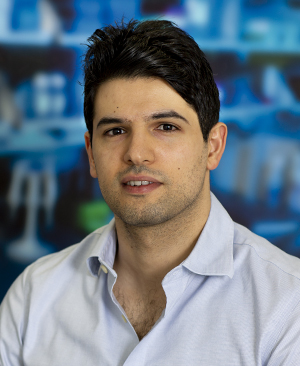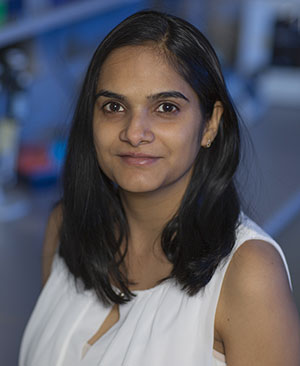Diseases are most easily prevented, or treated effectively, if they are detected early. TGen’s Early Detection and Prevention Division is dedicated to identifying diseases at their earliest stages by leveraging advanced -omic technologies, surpassing the capabilities of traditional methods. By transforming these discoveries into innovative diagnostic and therapeutic solutions, we strive to stop diseases before they start, enhance patient outcomes, and save lives.
A collaboration between TGen, part of City of Hope, Ginkgo Bioworks and an international team of scientists aims to create a fast, easy-to-use metagenomic sequencing tool dubbed RANGER that helps hospitals and healthcare facilities quickly diagnose respiratory viruses. Metagenomic sequencing is a powerful tool used to study the genetic material of entire microbial communities, including bacteria, viruses, fungi, and other microorganisms, without needing to isolate or culture them first. The results provide insights into the hidden world of microbes.
Read ArticleThe Translational Genomics Research Institute (TGen), part of City of Hope, today announced the appointment of Aleksandar Sekulic, M.D., Ph.D., a distinguished physician-scientist known for his work in skin cancer treatment and clinical research, as Physician-in-Chief. Dr. Sekulic specializes in immunotherapy and targeted therapies for a range of skin cancers, from melanoma to rare types of cutaneous lymphoma and epidermal neoplasms. His patient care approach integrates advanced treatments with a focus on individual needs, ensuring comprehensive, whole-person care.
Read ArticleNIH grant funds TGen research on senescent cells in pancreatic cancer therapy
Read ArticleA unique spatial map of gene expression in 1.6 million cells from the lungs of people with pulmonary fibrosis (PF) and healthy controls revealed a surprising discovery: some lung tissue in these patients shows signs of the disease before significant structural remodeling of the tissue occurs. The finding by a team of researchers co-led by TGen, part of City of Hope, could point to future therapeutic strategies that treat PF patients based on their individual stage of cellular and molecular remodeling.
Read ArticleA team of researchers from Translational Genomics Research Institute (TGen), part of City of Hope, Ethos Discovery and Tufts University, has launched an extensive genomics and proteomics profiling study on Canine Osteosarcoma, B-cell Lymphoma, and Soft Tissue Sarcoma (STS). This initiative is part of the Canine Cancer Genome Project (CCGP), originally funded by the Blue Buffalo Foundation and Animal Cancer Foundation (ACF).
Read ArticleTogether, City of Hope Phoenix and TGen are accelerating the development of precision medicine enabled by advanced genomics, and working to bring those advances to more patients faster than ever before. This work will not only deliver tremendous benefits to Arizona and its people, but also patients all across the United States through City of Hope's national footprint of cancer centers.









